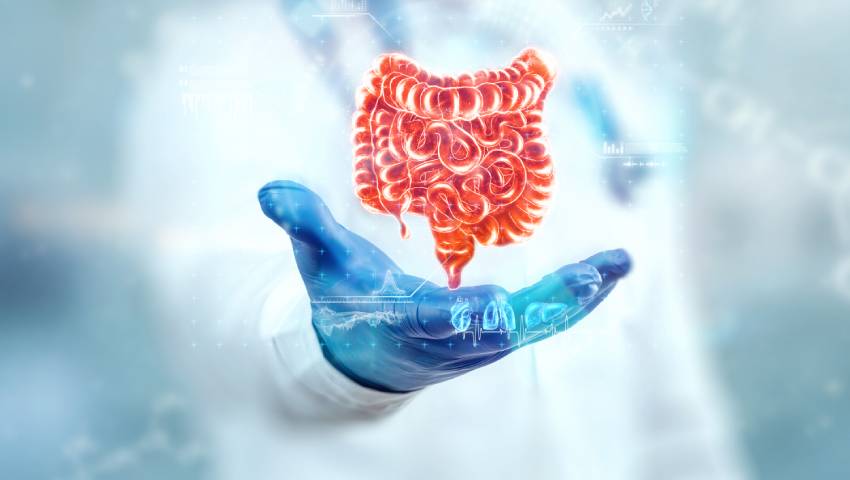- 12/10/2023
- by Dr. Pinak Dasgupta
- Blog
Colorectal cancer, a formidable ailment with the potential for substantial harm, demands vigilant attention even after undergoing treatment. In this article, Dr. Pinak Dasgupta gives helpful information about why people with colorectal cancer need to stay in contact with their doctor.
Definition of Colorectal Cancer?
Colorectal cancer is a sickness that mostly hurts your colon and rectum, which are parts of your big intestine. It often begins as a harmless bump named a polyp. But over time, it can become cancer. Signs may include changes in your poop patterns, bleeding from your back passage, and tummy pain.
Importance of Colorectal Cancer:
Colorectal cancer is a major health issue that impacts lots of people all around the world. Overcoming this illness relies on spotting it early and receiving the correct treatment. Luckily, regular check-ups, early detection, and careful follow-up care can help patients.
The Purpose of Follow-up Care:
- Spotting Cancer Again: Going to your regular check-up appointments can help find out if the cancer is back early. This can lead to better treatment choices.
- Watching for Side Effects: Keeping in touch with your healthcare team after treatment can help check for any side effects and make sure you get the best care.
- Caring for Your Feelings: Follow-up care goes beyond just your body and also helps you feel better emotionally. This can include joining groups where people help each other, talking to experts about your feelings, or getting useful information to make you feel less upset.
- Care of Your Health for the Long Term: To stay healthy for a long time, it’s crucial to continue looking after yourself. Going for check-ups regularly and using different ways to help yourself can make your life better and longer after cancer treatment.
Importance of Follow-up:
The importance of regular follow-up appointments is really big. They help find problems early and make treatments work better.
- Finding Problems Early: Spotting issues sooner helps treat them better and makes treatments work better.
- Better Treatment Results: Checking on your treatments can help stop new cancers and find other health problems.
- Emotional Help: Creates a system that cares about the patient’s feelings and makes their life better.
- Improved Quality of Life: Post-treatment follow-up helps the patient to improve their quality of life and understand the patient’s needs and care requirements.
The Likelihood of the Cancer Coming Back:
A major reason to keep visiting your doctor after treating colorectal cancer is to catch it if it returns. Regular check-ups and tests can spot early signs of it and guide you in picking the right treatments.
Monitoring Treatment Side Effect:
Following the colorectal cancer surgery, the patient will be asked to return for follow-up appointments. To make sure things are running well after your treatment.
Emotional Help:
After colorectal cancer treatment, follow-up care gives patients important emotional support. This support can help them deal with the mental and emotional challenges that cancer can bring. It includes things like support groups, talking one-on-one with a counselor, and other helpful resources such as educational materials. These resources aim to make the patient feel more knowledgeable and supported.
Taking Care of Your Health After Beating Cancer:
After beating cancer, it’s really important to keep looking after your health as time goes on. This involves scheduling regular check-ups and following a personalized plan. These easy steps are all about keeping you healthy and having a good life after cancer. Surviving cancer means getting the right care for you. You’ll have regular check-ups and other ways to keep you healthy.
Conclusion:
In short, it’s very important for patients who have colorectal cancer to continue with their follow-up care. Going to regular appointments, getting checkups, and having support can help your health. It also lowers the chances of the cancer coming back. Dealing with cancer treatment is tough, but staying informed and involved is the best way for patients, their families, and caregivers to handle it well.



